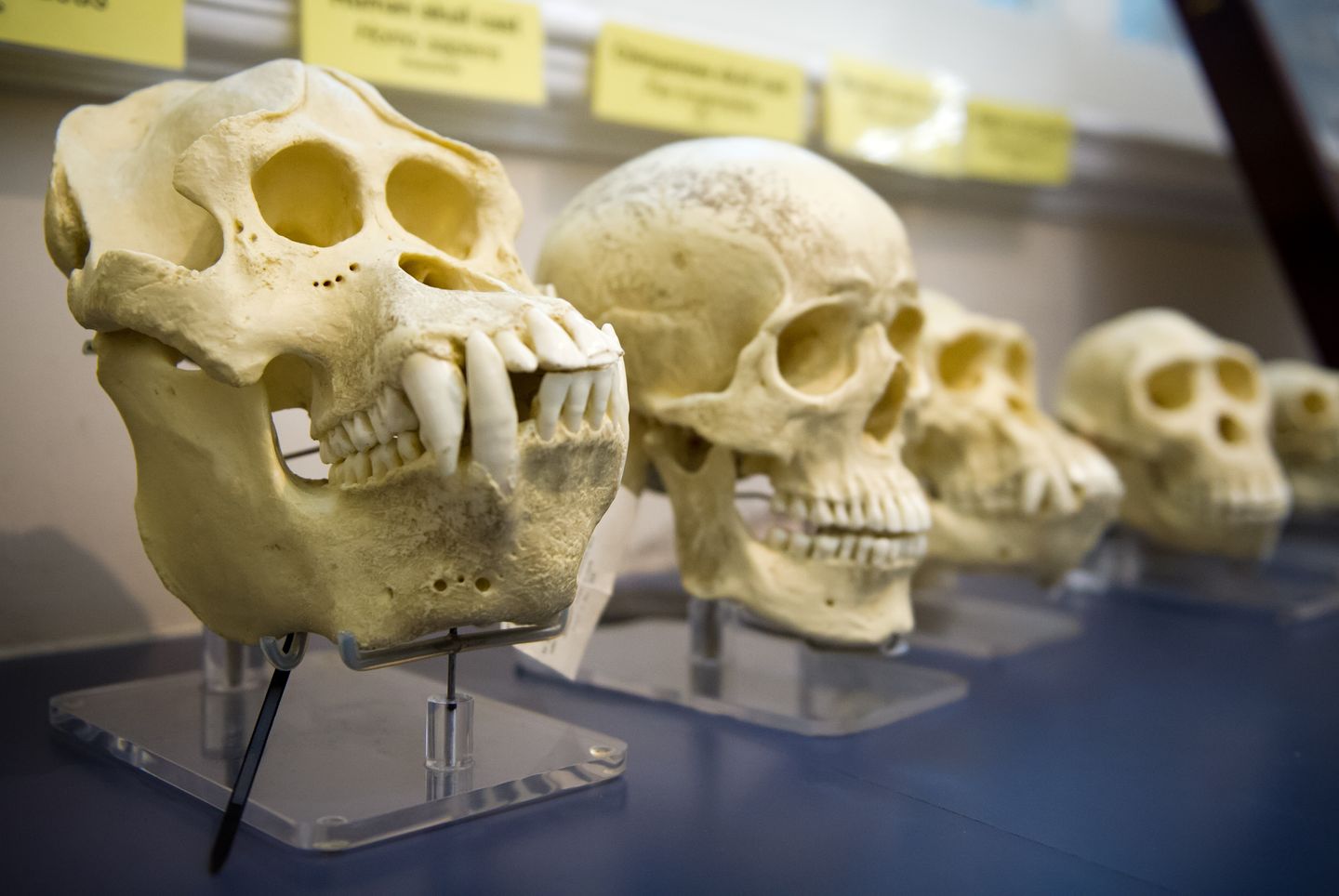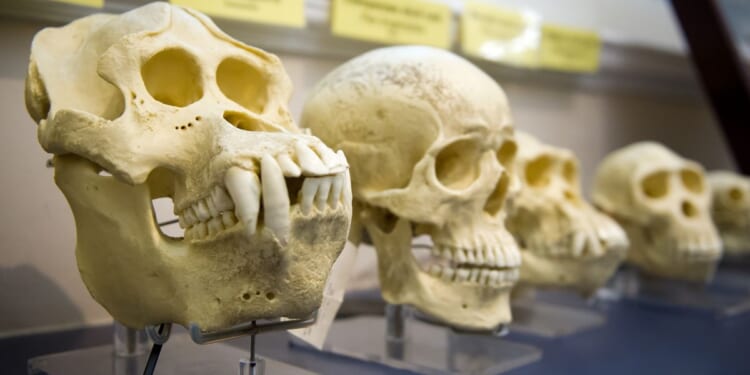
The story of the Ulas family first gained international attention following a documentary titled “The Family That Walks On All Fours,” alongside a detailed medical paper by Turkish scientists.
The family’s unique condition, observed in six of the 18 children, was initially thought to signal a potential reversal in the evolutionary process, a theory that sparked considerable debate and scrutiny within the scientific community. But researchers now report that the children, with specialized help, are learning to walk upright.
Evolutionary psychology professor Nicholas Humphrey led the exploration into this phenomenon. Along with his team, he sought to uncover the truth behind the family’s distinctive gait, Unilad reported.
Mr. Humphrey publicly criticized the notion that the Ulas family members had “devolved,” labeling such conclusions as “deeply insulting” and “scientifically irresponsible.”
Investigations into the cause of the family’s condition included neurological scans, which revealed a noticeable shrinkage in the middle of the cerebellum—a finding that, while intriguing, failed to provide conclusive answers. This is because individuals with diminished or absent cerebellums have been known to walk upright.
Despite the extensive studies, the scientific community remained perplexed, unable to pinpoint the precise cause of the family’s unique locomotion.
But a subsequent visit by Mr. Humphrey revealed a groundbreaking development: with the aid of physiotherapy and supportive equipment, the children of the Ulas family were learning to walk upright.
• Staff can be reached at 202-636-3000.












